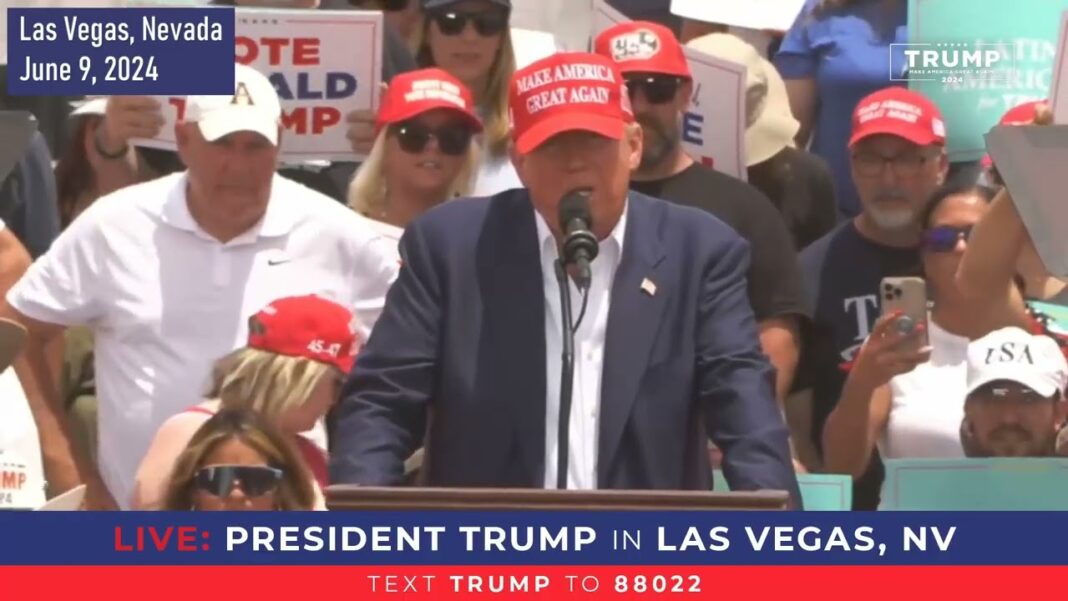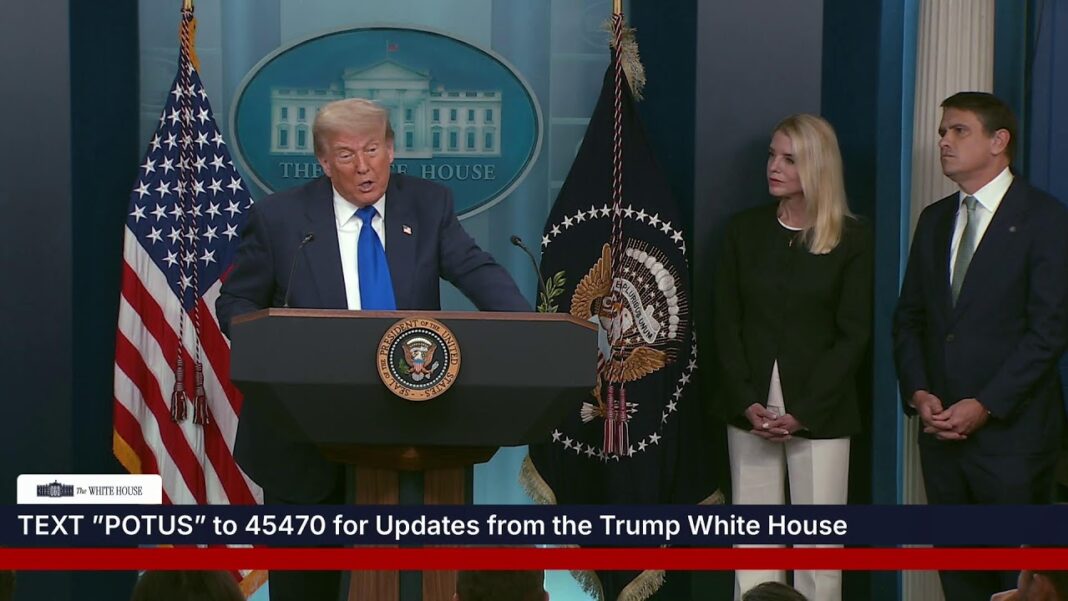Commentary
Manhattan is a great place to visit but you sure don’t want to vote there. The recent mayoral primary for the Democratic Party pitted a discredited lockdown practitioner and former governor against a purveyor of old-style socialist economics in which everything we want comes to us for free. The latter guy won, though he will likely be defeated in the general election by the incumbent who is running as an independent.
The name of the victor is Zohran Mamdani, the 33-year-old son of a Columbia University professor of anthropology, and hence hardly a living representative of the workers and peasants he wants to rise up against ruling-class capitalists. He proclaims himself a “democratic socialist,” which is to say he would like to see democracy deployed to realize socialist economics.
What is socialist economics? In a strict sense, there is no such thing. Economics means the rational allocation of scarce resources to unlimited competing demands. The discipline of economics begins with the key observation that you cannot always get what you want but the right systems can deliver the maximum amount of what we need.
Socialism in pure theory is the opposite. It begins with a dream that everyone gets everything for free, everyone shares everything together, no one is an owner of the means of production, and that utopia—a land of fantasy, schlaraffenland, Shangri-La, Garden of Eden—can be delivered by force of law. In the real world, it has always and everywhere ended up in a fascist or totalitarian state.
The reason should be obvious though you do have to think about it. There is simply no way of making everyone the owner of a scarce resource for which there are competitive struggles over control. A dictator can declare socialism over my shoes but that only ends in a big struggle over who gets to wear them.
It seems strange, but pure socialist theory has never dealt with this central problem. It has failed at the first task of economics: deciding the difference between mine and thine and constructing systems of law to enforce that distinction.
There are other more technical problems. A collectively owned capital stock cannot be traded and hence rationally priced. The only possible result is chaos in cost accounting.
To be sure, the definition of socialism as a term has always been in dispute. Before the 1870s, there were many theoreticians who can be generally grouped as utopian socialists. They were great dreamers and not economists. They imagined a world of equality, justice, and plenty for all, and tended to blame finance and large property owners for standing in the way of the dawning of a perfect world.
The second stage is marked by the works of Karl Marx, who was a better economist than his predecessors. He learned from the classical economists and incorporated the so-called labor theory of value, and posited that private capital owners were taking an unfair share of the value of production. He believed this could be repaired by nationalizing resources via state ownership after which the state would wither away. He united this theory with Hegelian historical dynamics to discern that his theories were inevitable via a revolution of the working classes against the ruling classes.







